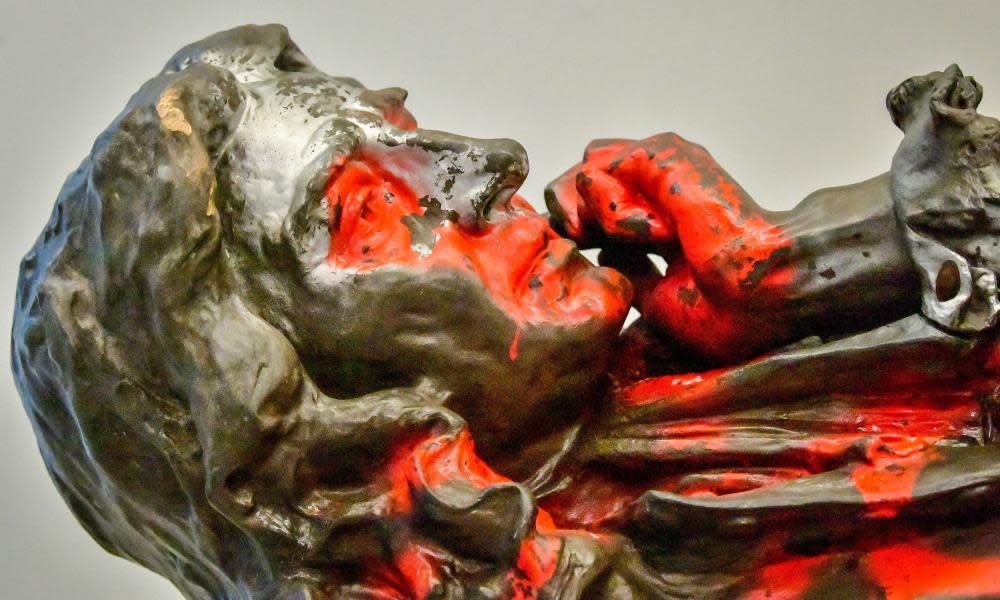‘Colston Four’ acquittal raises difficult questions

David Olusoga’s article (Britain’s shameful slavery history matters – that’s why a jury acquitted the Colston Four, 6 January) misses an essential question.
There have been instances in recent decades of juries finding defendants not guilty when the facts of an offence appear clear. Examples are Clive Ponting (1984) and Pat Pottle and Michael Randle (1991). In 2004 the prosecution, presumably fearing the same, offered no evidence in Katharine Gun’s case.
The parallel factor in each of those cases was that the catalyst had been a shaming decision by our own authorities as immediate background – deceit about the sinking of the Belgrano (Ponting), prosecuting 25 years after the event because initial errors had been exposed (Pottle and Randle) and scrapping standards of probity to be in line with the US (Gun).
In this case there was no parallel. The options for Bristol council on how to deal with Colston’s statue were matters for debate. The catalyst was a murder committed by a US policeman. So the question is raised – where does one draw the line? I do not have an answer, but in any democratic society it is important that what citizens can do without being penalised criminally should be predictable.
Peter Davis
Welwyn, Hertfordshire
• The acquittal of the four people in Bristol leaves a somewhat bitter taste in my mouth. Regardless of the rights and wrongs of pulling down the statue of a figure from history who benefited from slavery, taking the law into your own hands is never the right way to proceed. The only way to resolve disputes is through the ballot box. I ask myself where this all might end.
John Marriott
North Hykeham, Lincolnshire
• Have an opinion on anything you’ve read in the Guardian today? Please email us your letter and it will be considered for publication.

 Yahoo News
Yahoo News 
